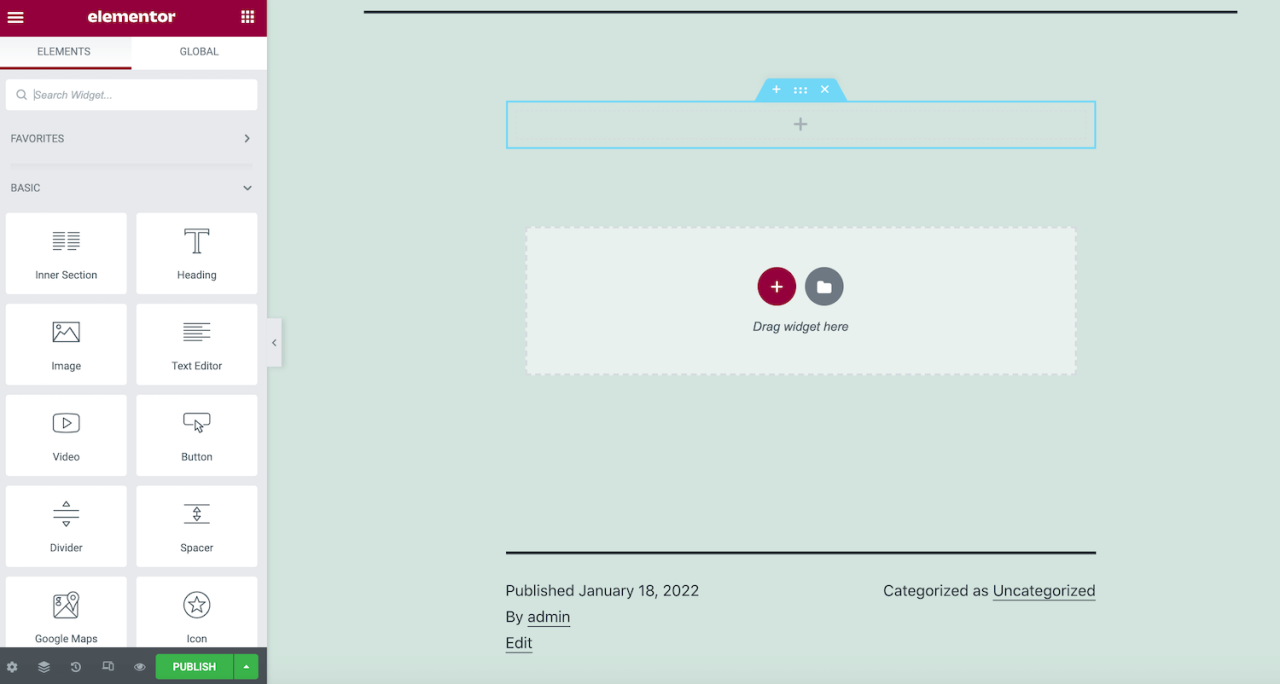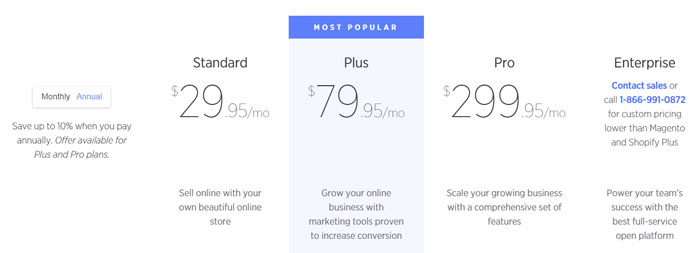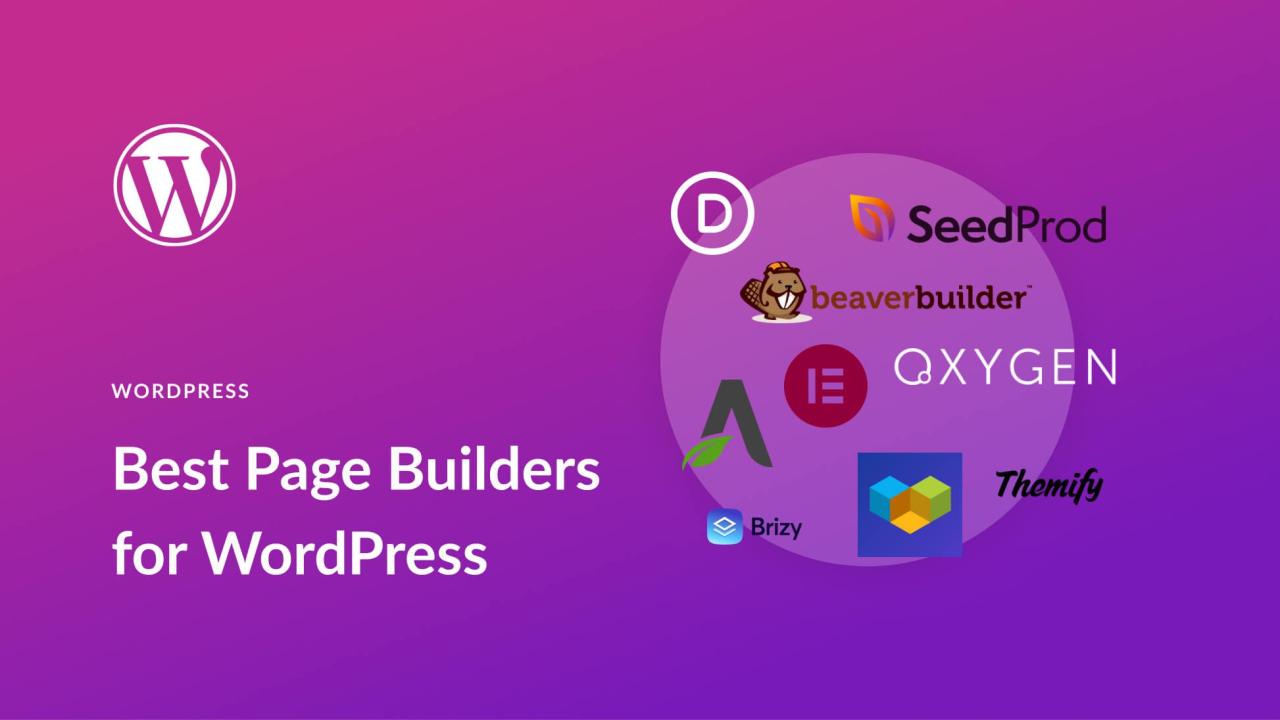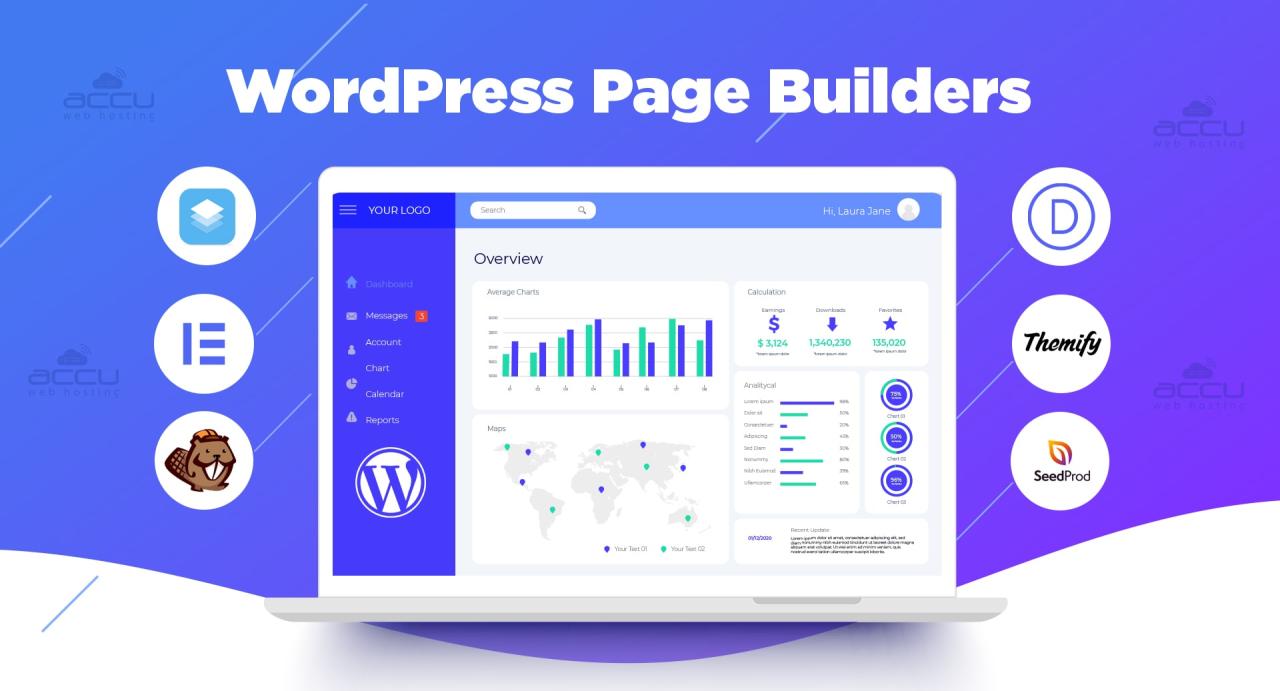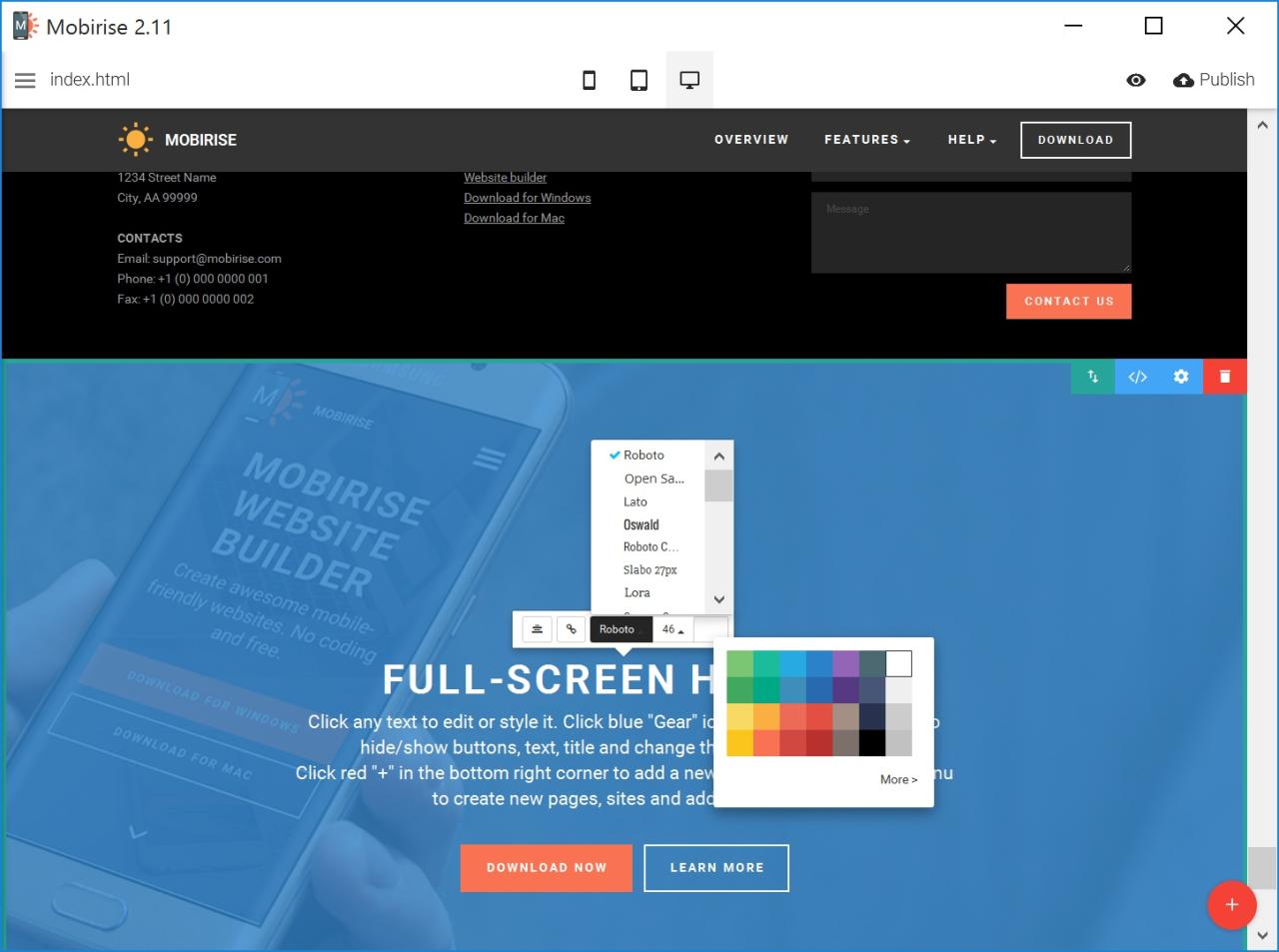Gutenberg vs Elementor Which Is Best for SEO
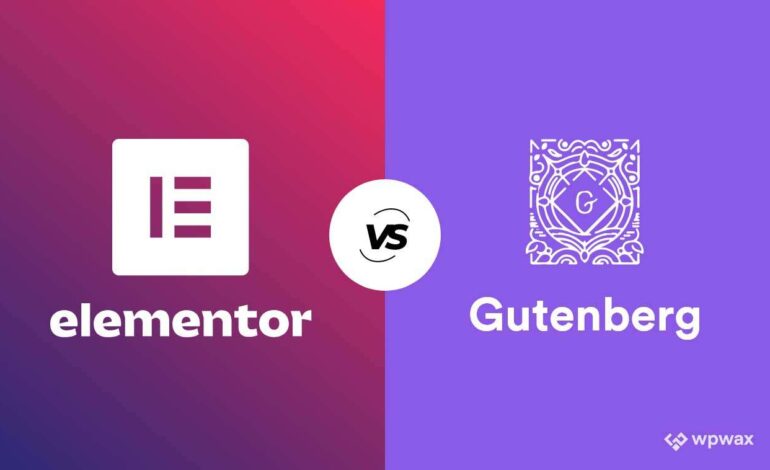
Staring at a blank WordPress page, cursor blinking, have you ever felt a twinge of design anxiety? You’re not alone. Creating beautiful and functional websites used to require coding expertise, but thankfully, WordPress page builders have democratized web design.
Two titans consistently emerge in this arena: Gutenberg, the built-in WordPress editor, and Elementor, a wildly popular drag-and-drop plugin. Deciding which tool reigns supreme for your specific needs can be a daunting task. Both offer unique features and cater to different skill levels.
This article dives deep into the Gutenberg vs Elementor debate, exploring their functionalities, ease of use, customization options, and pricing structures. By understanding their strengths and weaknesses, you’ll be empowered to choose the perfect page builder to bring your WordPress vision to life, saving you time, money, and a whole lot of frustration.
Gutenberg vs Elementor: A Head-to-Head for Website Builders
Introduction: Choosing the Right Tool for the Job
Picking the correct site builder can feel daunting. It is a crucial decision impacting design freedom, workflow efficiency, and, ultimately, your website’s success.
Gutenberg, WordPress’s native editor, versus Elementor, a popular plugin, are two main contenders. Each presents a distinct approach, catering to diverse needs and technical expertise.
This article dissects both powerhouses, analyzing their strengths and weaknesses. You will find an even comparison, to help decide which best aligns with your project goals.
We’ll explore their interfaces, features, pricing, and overall user experience, providing a balanced perspective for informed decision-making. This will help you decide which one is best for you.
User Interface and Experience: A First Impression
Gutenberg offers a clean, distraction-free writing environment integrated directly into WordPress. It operates on a block-based system where each element is a modular piece.
Elementor has a drag-and-drop interface. This gives users real-time previews of their designs. It’s visually driven, offering immediate feedback as you build your pages.
Consider what resonates most with your style. Are you good with writing-focused design, or do you like visual editing? Each one will work best with a different style.
Gutenberg’s familiarity wins for those already comfortable with WordPress. Elementor’s intuitiveness is excellent for those seeking a straightforward, code-free experience.
Key Features and Functionality: What Can They Do?
Gutenberg focuses on content creation, offering various text blocks, images, and embeds. It benefits from WordPress’s core updates and plugin ecosystem.
Elementor boasts a vast library of pre-designed templates, widgets, and advanced design options. These options include animations, custom CSS, and dynamic content capabilities.
Want a simple blog? Gutenberg is an excellent choice. Need intricate landing pages? Elementor’s broader feature set could be the preferable option.
Think about your essential needs. What features are mandatory for your website’s functionality and design? This can greatly impact your choice.
Design Flexibility and Customization: Expressing Your Vision
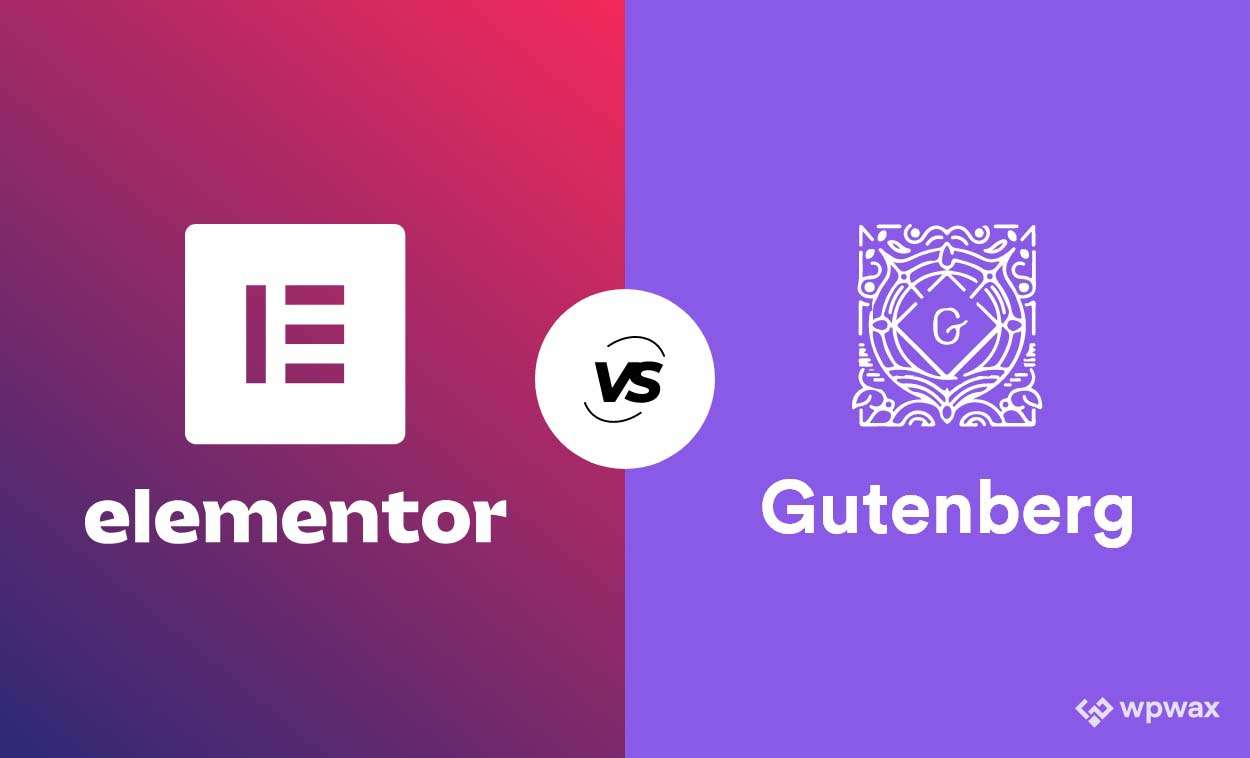
Gutenberg’s customization hinges on its block system, allowing arrangement and basic styling. However, true design freedom may require custom CSS or a compatible theme.
Elementor empowers users with pixel-perfect control over every design element. Its advanced options enable complex layouts, responsive adjustments, and unique branding.
If you have a simple vision and like basic designs, Gutenberg is a good fit. If you need a lot of customization options, go with Elementor.
Determine your design ambitions. Do you need granular control or are you satisfied with pre-defined styles? Choose the tool that accommodates your creative ambitions.
SEO Optimization: Helping Your Website Rank
Both Gutenberg and Elementor support SEO best practices. They allow for meta descriptions, alt text for images, and structured data implementation through plugins.
Gutenberg’s clean code output and focus on content clarity can boost SEO. The lack of bloat provides faster loading speeds that Google loves.
Elementor’s rich features can potentially add weight, impacting page speed. However, optimization tools and practices can mitigate this issue to a good result.
While both can be optimized, Gutenberg offers a slight edge in raw performance. Elementor can be just as effective with the right tweaks and plugins.
Pricing and Licensing: Understanding the Costs
Gutenberg is free as it’s part of the WordPress core. However, premium themes or plugins for extended functionality may involve costs.
Elementor has a free version with basic features. Its Pro version, offering advanced capabilities and support, requires an annual subscription.
Consider your budget and long-term goals. Free versions may suffice for simple websites, but advanced features usually require a monetary investment.
Evaluate the value proposition. Which tool offers the most features, support, and updates within your price range? This will determine what is the best choice.
Pros and Cons: A Quick Overview
Gutenberg Pros: Free, lightweight, integrated with WordPress, SEO-friendly.
Gutenberg Cons: Limited design options, less intuitive for beginners, requires coding for advanced customization.
Elementor Pros: User-friendly, drag-and-drop interface, extensive features, vast template library.
Elementor Cons: Can be resource-intensive, premium features require subscription, potential for code bloat.
Conclusion: Making the Right Choice for You
Choosing between Gutenberg and Elementor depends on your priorities, experience, and technical comfort. Both are capable site builders.
Gutenberg excels for streamlined content creation and SEO focus. Elementor empowers with visual design freedom and advanced features.
Try both platforms, experiment with their features, and assess which one aligns best with your project requirements. You can download them to check them out.
Ultimately, the “best” choice is subjective. It will be based on your unique needs and preferences. Hopefully this article has given you more clarity.








